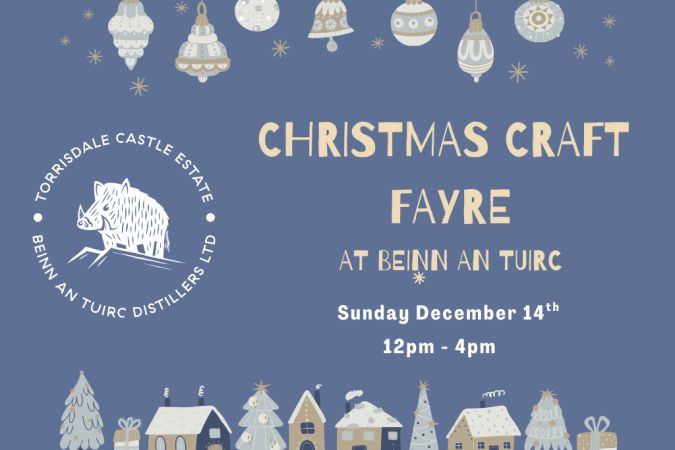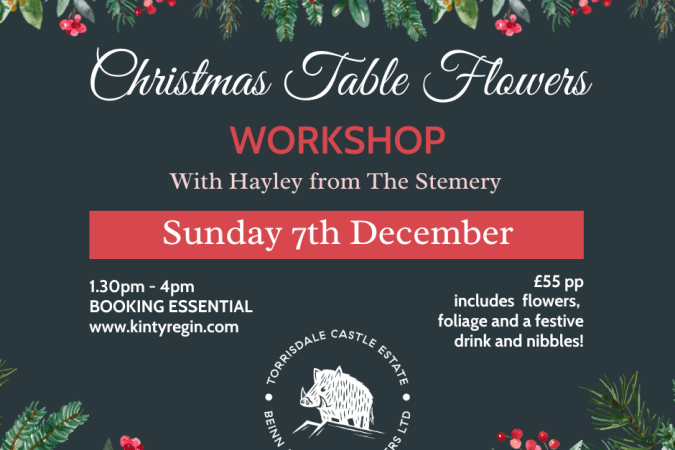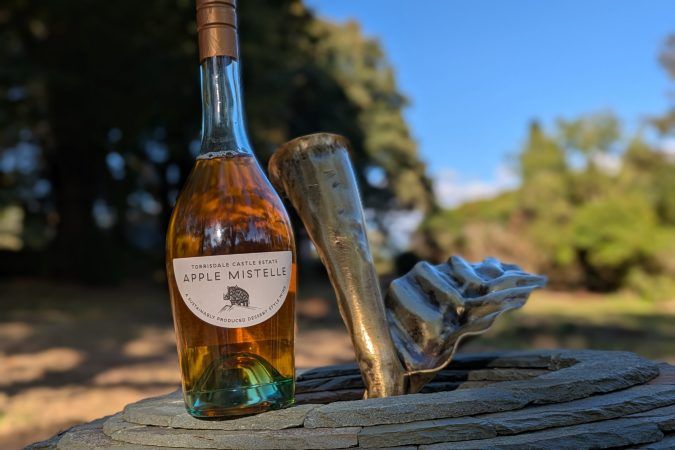Kintyre’s fields, woodlands, coastlines, and mountains are full of fresh and edible plants if you know where to look. From mouth-watering mushrooms to flavourful leaves and berries, the countryside has an abundance of free, healthy and delicious food you can add to your weekly meals. Although historically going out into the countryside and gathering food would have been part of daily life, people became increasingly distanced from their natural surroundings and where their food came from. However, over the past several years there has been a resurgence in foraging and heading into the outdoors to collect tasty treats has become a popular pastime for country dwellers and city folks alike.
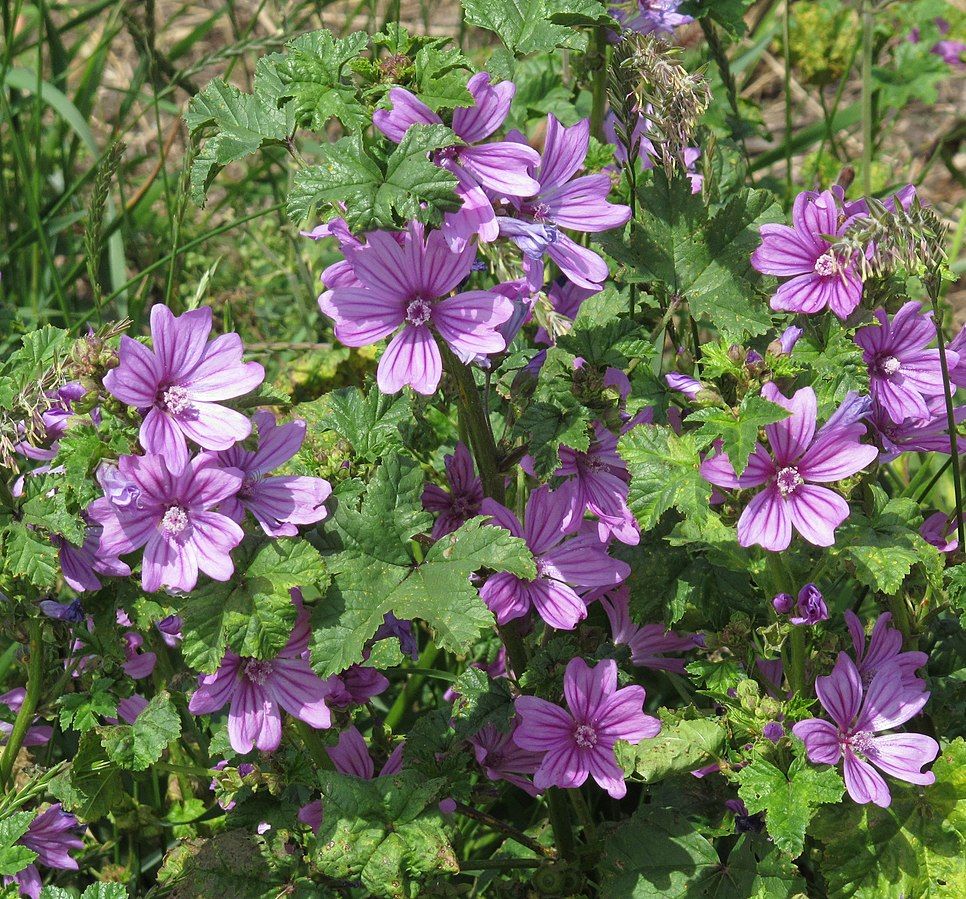
The rise in the popularity of foraging may well be due to our increasing awareness of climate change and a drive to be more sustainable and to have a lower impact on the environment. Collecting food from the countryside is also a really economical way of adding something more unusual to your food and drink, this is especially appealing with the rising cost of living.
Using seasonal produce, acquired from the wild, has also become more mainstream thanks to lots of restaurants and chefs now highlighting the sustainable and local sources of their ingredients. Michelin has also started awarding ‘green stars’ to restaurants with outstanding sustainable practices and ethics. The younger generation have also picked up on the benefits of foraging as part of the slow living trend – Instagram and TikTok are awash with accounts promoting identifying and harvesting edibles found on your doorstep.
We use natural foraged botanicals in many of our products. Icelandic Moss and Sheep Sorrel, the unique botanicals used in our Kintyre Gin, are found in the Kintyre area and we ethically source these. Gorse, sugar kelp and wild mountain pepper which feature in our Isle of Gigha Coastal Gin are all sourced from the island. We also work with Anna Hock who harvests Orsay Sea Salt on Islay which we use in our Earra Gael Salt Vodka.
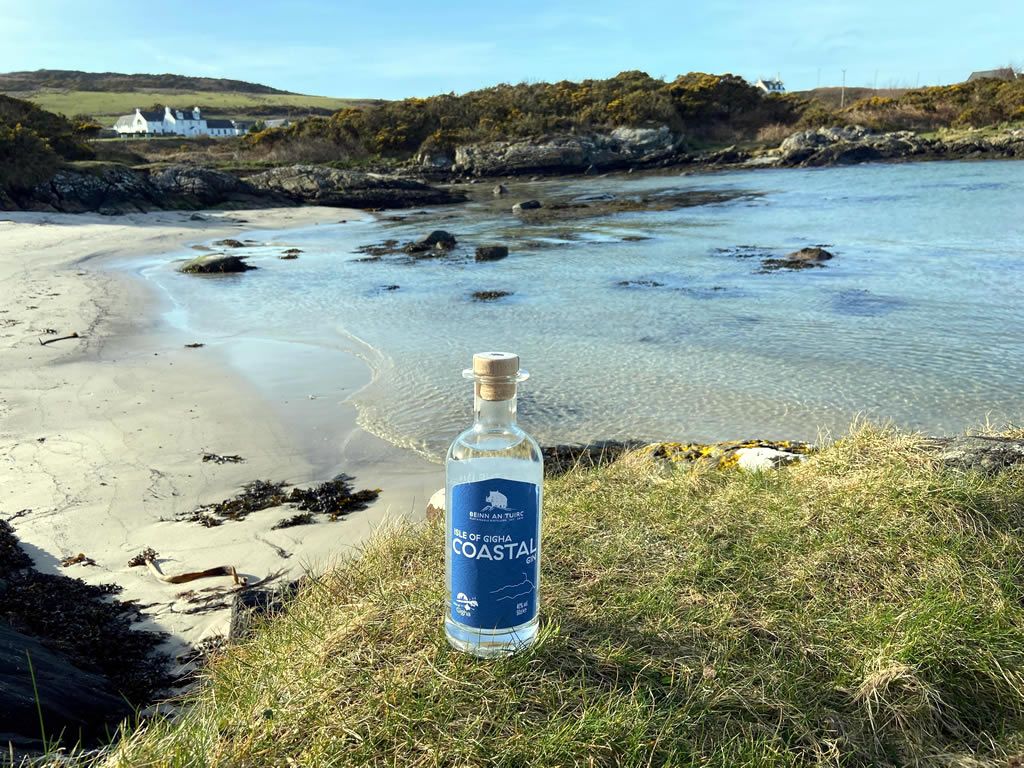
As well as the obvious environmental benefits, foraging has been reported to have a significant positive impact on mental health and wellbeing. Foraging is a great way to get outdoors and connect to nature, which can help with stress, anxiety and depression. It’s also an incredibly immersive activity, using all the senses and allowing you to focus on the task at hand and forget about any worries.
What do I need to know?
Although relatively easy, foraging must be done responsibly. Follow these key guidelines:
- Always makes sure you have permission from the landowner. Be aware that some places such as Sites of Special Scientific Interest (SSSIs) are protected.
- Only take what you need and make sure you leave enough for nature. Wild food is vital for wildlife.
- Avoid uprooting certain plants and avoid removing them completely. It’s best to just take leaves, flowers and berries so you’re not negatively impacting the local ecology.
- Know what you are foraging, fungi in particular are hard to identify and could easily make you ill.
Find out more about foraging on our Wild Days session led by expert guide Heather of Heathery Heights


